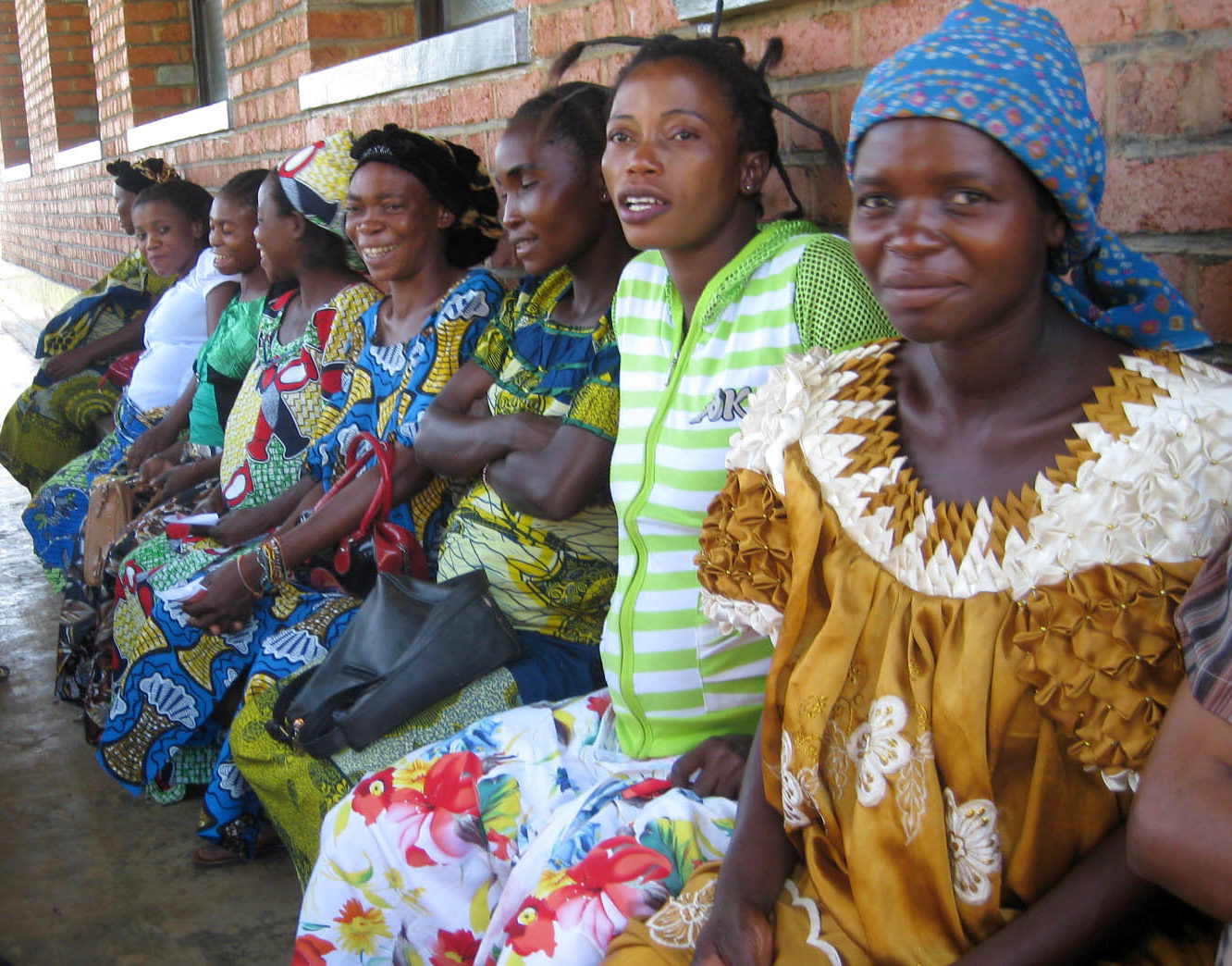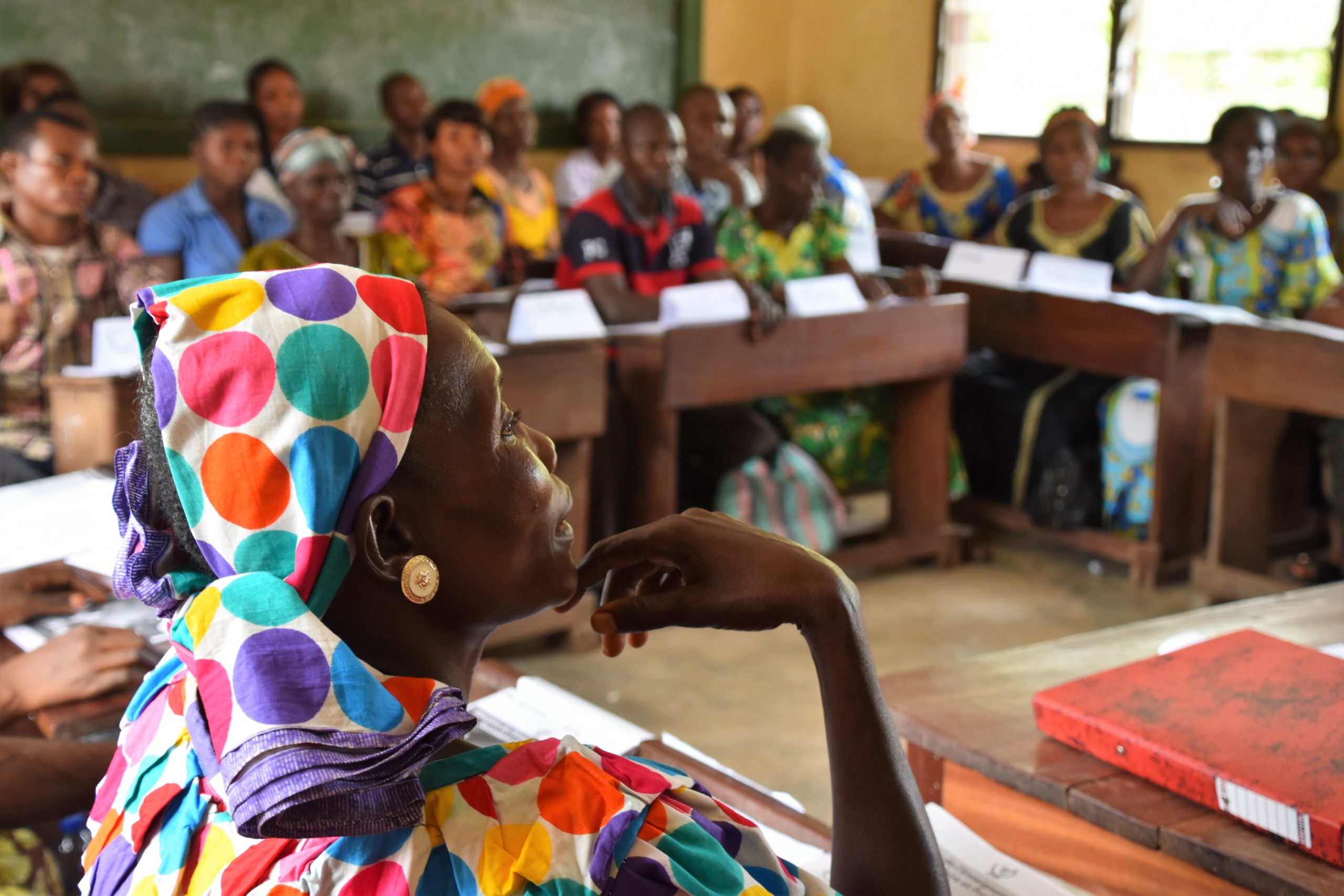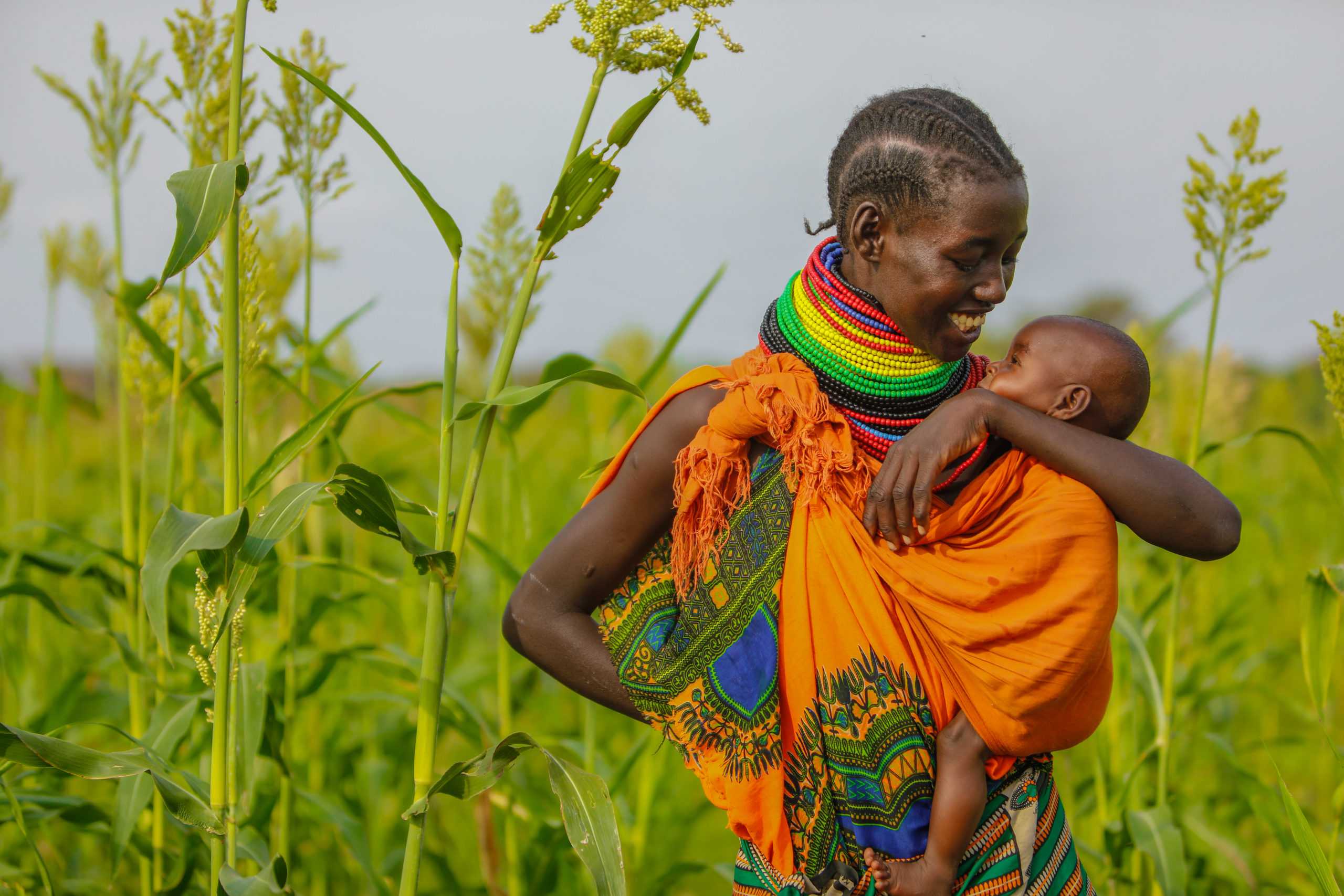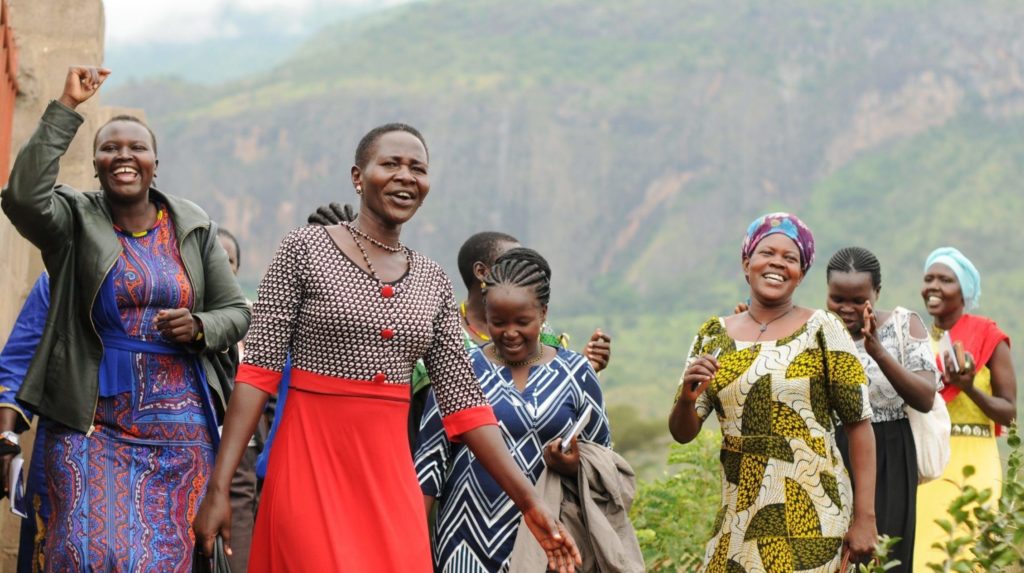The East African countries of Kenya, Uganda, Tanzania, and Rwanda are unique FP2030 focus countries but seem to have a common challenge in the implementation of family planning and reproductive health programs—knowledge management.
Alex Omari, the East Africa Regional Technical Family Planning and Reproductive Health Officer for Knowledge SUCCESS, says that the countries are rich in family planning and reproductive health knowledge, but such information is fragmented and not shared. Instead, knowledge remains with the people implementing projects or within government ministries.
Alex’s observations are echoed in the project’s landscaping and co-creation findings that it has used for strategic planning on the East African family planning and reproductive health ecosystem. It revealed no evidence of formal structures for sharing and institutionalizing family planning and reproductive health knowledge in the region.

Piecing Together the Puzzle
To tackle the identified knowledge management challenges, Knowledge SUCCESS mobilized family planning and reproductive health stakeholders in the region to specifically address the knowledge management jigsaw puzzle. “We hosted and facilitated a family planning and reproductive health Community of Practice, which serves as a platform for practitioners in the region to generate, manage, and utilize knowledge and information pathways within the family planning and reproductive health discipline,” says Alex.
Knowledge SUCCESS is a USAID-funded global project led by the Johns Hopkins Center for Communication Programs in partnership with Amref Health Africa, Busara Center for Behavioral Economics, and FHI 360. The project champions the strategic and systematic use of knowledge to strengthen health systems and ultimately improve health and development outcomes. Its goal is to help organizations working in family planning and reproductive health collect knowledge and information, organize it, connect others to it, and make it easier for people to use.
The project champions the strategic and systematic use of knowledge to strengthen health systems and ultimately improve health and development outcomes.
The Family Planning Community of Practice
Alex shares that creating the family planning Community of Practice involved strategic engagements with civil society organizations, government ministries of health, and Technical Working Groups. “Knowledge management is a strategic and systematic process of collecting and curating knowledge and connecting people to it so they can act effectively,” he says. “Our members are sharing important updates and current events and holding topical discussions on a variety of subjects such as policy engagement gaps, gender equality and family planning, private sector investment in family planning and reproductive health, maternal health, and the COVID-19 pandemic.
Composed of policymakers, civil society representatives and program managers, technical advisors, and convenors, Technical Working Groups were targeted because these structures are made up of individuals who advise governments on family planning policies and can contextualize guidelines from a global perspective.
James Mlali, the Advocacy Technical Manager for Advance Family Planning and a member of a Technical Working Group in Tanzania, enumerates the benefits accrued from the family planning Community of Practice. “My network has expanded. I have gained skills in the use of online platforms including Zoom and Google Documents. My advocacy skills have greatly been sharpened through the skills-building sessions. I now can conceptualize issues better and propose implementable advocacy solutions.”

The Role of Partnerships
The Community of Practice is forged through collaborations and partnerships. Sarah Harlan, the Partnerships Team Lead at Knowledge SUCCESS, says that this is done to ensure that useful, accurate, and actionable family planning and reproductive health knowledge and information flows up and down the health system—from regional, national, and sub-national levels to the global level and back again. Such knowledge is used consistently to improve systems and policies within family planning and reproductive health and, broadly, across all health sectors.
Knowledge SUCCESS cooperates with over 40 global, regional, and country-level partners on activities ranging from developing online content to organizing family planning and reproductive health Communities of Practice, including:
- Kupenda for the Children—Knowledge SUCCESS partnered with Kupenda for the Children to develop content, including a Q&A with Founder and Executive Director Cynthia Bauer. It also participated in Knowledge SUCCESS’ Connecting Conversations session on ensuring inclusive access to sexual and reproductive health services for young people with disabilities.
- Living Goods—Knowledge SUCCESS partnered with Living Goods to develop content. Additionally, Living Goods’ staff participated in the Learning Circles Anglophone Africa cohort, which concluded in July 2021. The team has been instrumental in East Africa’s FP/RH Community of Practice.
- Young & Alive Initiative—At the onset of the pandemic, Knowledge SUCCESS East Africa engaged the young people of the region through digital platforms to initiate the COVID-19 Youth Task Force. Knowledge SUCCESS continues to partner with Knowledge Management Champions in Tanzania who support advocacy and knowledge-brokering work.
“The idea is that knowledge products would be made with our audiences, not for them and, as a result, would be widely used to optimize family planning and reproductive health programs and services and, ultimately, improve the health of women, men, and families around the world,” Harlan explains. Partnerships, Harlan adds, were informed by a series of co-creation workshops Knowledge SUCCESS conducted in 2020 in Africa, Asia, and the United States. “We use the learnings from the co-creation workshops to ensure that our partnerships activities are innovative, forward-thinking, and meeting the needs of our audiences,” she notes.
“The idea is that knowledge products would be made with our audiences, not for them…”
Overcoming Challenges
In East Africa, Knowledge SUCCESS has recruited knowledge management champions whose roles include advocacy—disseminating knowledge management messages and influencing action and support—to act as local representatives for knowledge management activities. They link project or departmental colleagues to knowledge and information resources outside their area of focus.
Alex explains that the champions are essential because family planning and reproductive health stakeholders seldom have opportunities to rapidly and effectively exchange information with those outside their typical spheres of influence. Too often, best practices diffuse slowly or there is a lack of coordination. This is coupled with a geographic imbalance in availability and access to information. The current COVID-19 pandemic is also posing considerable knowledge management challenges. Engagements are virtual, not physical, which can prevent the swift execution of activities.

A Way Forward
Nevertheless, to ensure the sustainability and continuity of activities in the region, Alex shares that Knowledge SUCCESS is focusing on engaging more youth and youth coalitions to ensure that youth perspectives are incorporated in ongoing discussions to improve family planning and reproductive health outcomes. East Africa is launching online knowledge cafes and webinars and working to popularize the Community of Practice to ensure that there are as many members with defined roles and as much engagement as possible. The platform will be a go-to resource for family planning and reproductive health knowledge.
Are you interested in engaging our East Africa team on a KM initiative for your organization? You can find out more by contacting Alex at alex.omari@amref.org, joining the Community of Practice (if you’re in East Africa), or submitting your interest through our Contact Us form.






